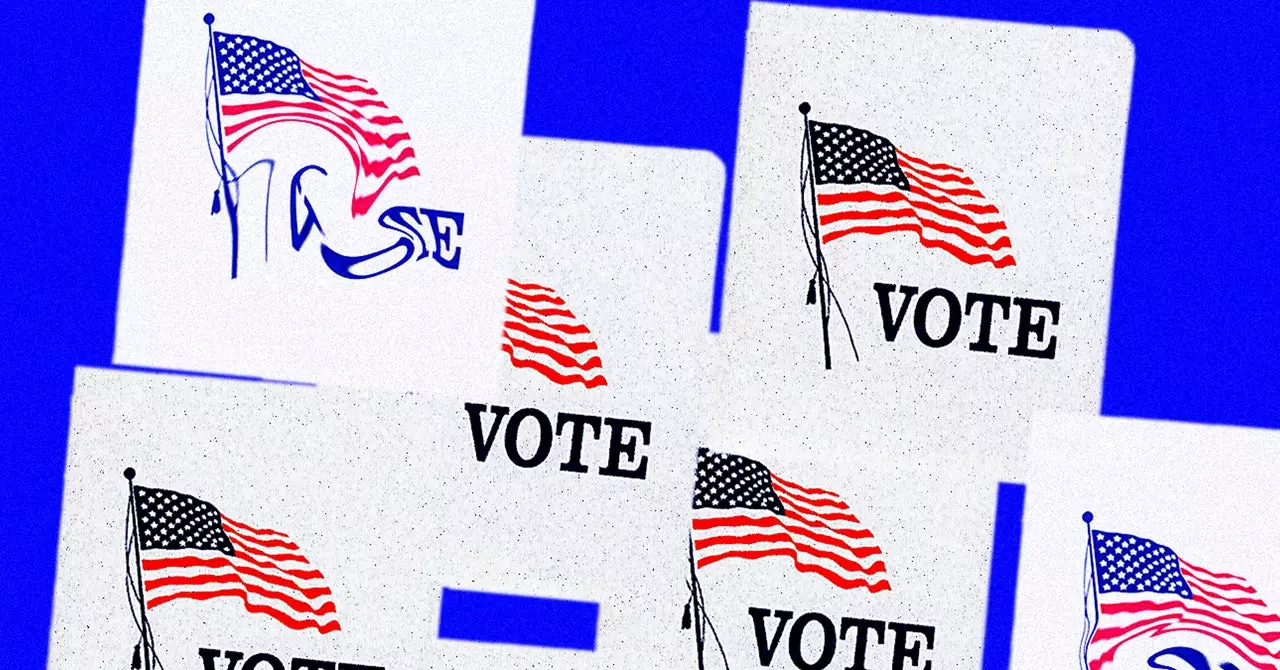When it comes to using AI in political messaging, one of the primary concerns is the accuracy of the content generated. Generative AI tools have been known to “hallucinate,” meaning they can sometimes fabricate information. In the case of BattlegroundAI, there is a process in place where humans from campaigns are meant to review and approve the content before it is released. This raises questions about the thoroughness of the review process and whether it is enough to ensure the accuracy of the messages.
There is a growing movement that questions the ethics of AI companies training their products on creative works without permission. The issue of consent and the implications on intellectual property rights cannot be ignored. Hutchinson acknowledges these concerns and suggests that there needs to be a dialogue with Congress and elected officials to address these issues. The idea of developing language models that only use public domain or licensed data is presented as a possible solution, but the effectiveness of this approach remains to be seen.
Human vs. AI Labor
A major point of contention is whether the use of AI in political messaging is a threat to human labor. Hutchinson argues that AI is not meant to replace human creativity but rather to streamline repetitive tasks and reduce grunt work. This perspective is supported by political strategist Taylor Coots, who praises the efficiency and sophistication of BattlegroundAI in targeting voters and tailoring messaging for small campaigns. The concern about AI automating tasks traditionally done by humans is valid, but it is essential to consider the potential benefits in terms of resource optimization and outreach effectiveness.
The issue of transparency in political messaging generated with the help of AI is brought up by Peter Loge, an associate professor at George Washington University. He highlights the importance of disclosing AI-generated content to maintain ethical standards. However, he also raises concerns about the impact of AI on public trust and the overall perception of political messaging. The proliferation of fake content through generative AI tools has the potential to exacerbate feelings of cynicism and distrust among the public, further complicating the ethical landscape of political communication.
As AI continues to advance and become more integrated into various aspects of society, including politics, the ethical considerations surrounding its use become increasingly critical. The concern is not just about the technology itself, but also about how it shapes public trust and perception of political discourse. The challenge for policymakers, technologists, and society as a whole is to strike a balance between leveraging the benefits of AI for efficiency and innovation while upholding ethical standards and accountability in the realm of political messaging. Moving forward, a comprehensive approach that addresses the concerns raised by stakeholders and ensures transparency and ethical use of AI in political communication will be essential to maintain the integrity of democratic processes.


Leave a Reply